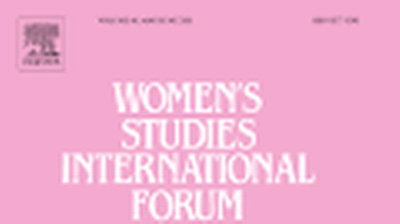CMI Working Paper
| 2005
Fissions and fusions, foes and friends: Party system re-structuring in Malawi in the 2004 general elections
Bergen: Chr. Michelsen Institute (CMI Working Paper WP 2005: 6)
How to cite this publication:
Lise Rakner, Lars Svåsand (2005). Fissions and fusions, foes and friends: Party system re-structuring in Malawi in the 2004 general elections. Bergen: Chr. Michelsen Institute (CMI Working Paper WP 2005: 6)
The issue of presidential term limits is emerging as an important political norm on the African continent, but the effects of the third term debates on the institutionalization of the party systems have so far not been analyzed. We argue that the third presidential election represents 'a window of opportunity' for politicians aspiring for the top position, leading to party fragmentation (fissions) and party mergers (fusions). Politicians pursue an office seeking strategy, weakly connected to ideological or political priorities. We demonstrate that the combination of leadership centered parties, executive dominance, and the institutional rules for presidential elections, encourage turbulence in the party system in the context of the third democratic elections. We illustrate these processes with the case of the 2004 Malawian presidential and parliamentary elections. In Malawi, the third elections after the reintroduction of multiparty politics in 1994 led to a number of new party formations. After the elections, fusions of parties and coalitions among parties became alternative strategies for winning office. Thus, rather than having institutionalized over time, the Malawian party system appears to have fragmented.
Lise Rakner
Professor at University of Bergen and Associated Research Professor
The institutional context of the 2004 general elections in Malawi
Aug 2003 - Jul 2006


